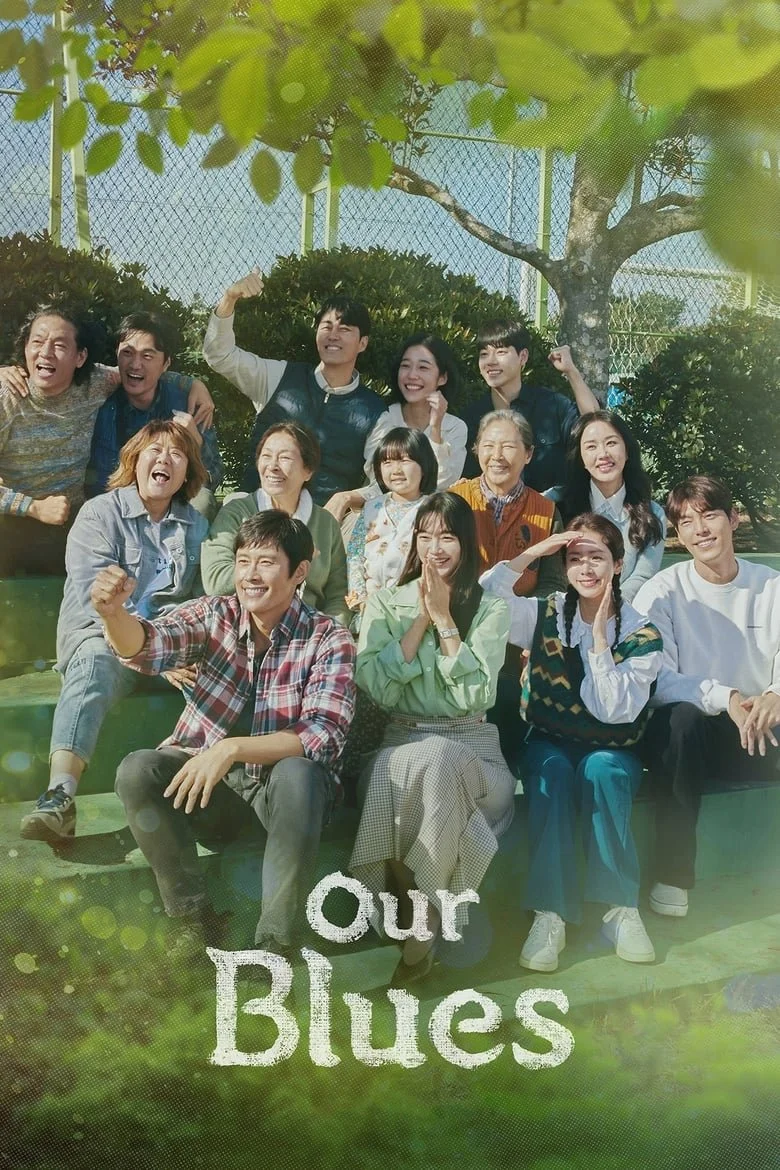Korean Shows Every Therapist Should Watch to Learn About Asian Mental Health
Pop culture, shows, and media can offer a fascinating and accessible snapshot of a society’s cultural norms and values. They also provide a lens into public perceptions of mental health at the time a show was filmed and aired.
Whenever I watch a show, the therapist part of my brain always loves searching for mental health themes or ways to tie in mental health and therapy to what I am watching. Below I am sharing 4 Korean shows I’ve watched recently (3 Korean dramas and 1 Korean variety program) that have a lot to offer in understanding Asian culture and perceptions of mental health!
Note: It should go without saying that media is not meant to be taken as a reflection of reality or to be used as a yardstick for generalization! Media can be a time capsule that captures general opinions and values that may be prominent at the time in a given culture.
If you are a therapist looking to learn more about Asian cultural values to better your therapy practice, these four shows are a great place to start!
1) Daily Dose of Sunshine | 정신병동에도 아침이 와요
Daily Dose of Sunshine
This medical drama follows the storyline of a nurse who begins working in the psychiatric ward of a hospital. Throughout the drama you see illustrative, metaphorical depictions of the mental health struggles of her patients, as well as her own journey with mental health as she works in the helping field.
Why I recommend it: While not all of the depictions of mental health in this drama felt “accurate” per se, I appreciated the creativity and imagery that the producers used in depicting mental health challenges. For example, the drama depicts a character drowning underwater to represent the feelings associated with panic attacks and panic disorder. I thought this drama also was unique in depicting the mental health challenges of the main character, who is a healthcare provider herself. The drama was also thought provoking for me in considering how helpful this drama could be in normalizing people who seek out mental health care in Asian society.
2) Our Blues | 우리들의 블루스
Our Blues
Our Blues takes place in Jeju Island, and is a collection of different storylines of the residents in the neighborhood. The drama does a beautiful job of depicting the complexity of human relationships and emotions, and is an evocative piece that portrays a strong essence of community, generational healing, and family relationships.
Why I recommend it: While mental health is not a central storyline of this drama, this drama does a great job capturing a lot of different cultural values that are prominent in Asian culture. It also explores some themes of trauma and mental health challenges.
3) When Life Gives You Tangerines | 폭싹 속았수다
When Life Gives You Tangerines
When Life Gives You Tangerines is a cinematic, beautiful drama that follows three generations of a family starting in Jeju Island. This drama captures the essence of generational trauma, family sacrifice, and healing within relationships, and also includes reference to many Korean historical events that are relevant to this day.
Why I recommend it: Similar to Our Blues, this drama doesn’t outwardly target mental health as a plotline. Instead, I think it highlights relatable traumatic events and hardships that many Asian people and their older generations can relate to. This drama really showcases the beauty in Asian family dynamics and interpersonal relationships, and can be a great asset to your understanding of a bigger community picture of mental wellbeing.
4) Oh Eun Young’s Report | 오은영 리포트 - 결혼지옥
Oh Eun Young’s Report
This last recommendation is not a fictional show, but a reality talk show hosted by Dr. Oh Eun Young, a highly respected Korean psychiatrist. Oh Eun Young and the other hosts of the show facilitate consultations for couples and families who are struggling in their relationships. Every 1-2 episodes features a new couple/family and their unique story for why they are seeking help.
Why I recommend it: As a therapist, it was fascinating listening to Oh Eun Young’s advice and perspective on relationship dynamics and mental health factors at play and comparing it to my own training and therapeutic instincts of how I would handle a situation. The show also captures a lot of cultural dynamics between parent-child, siblings, and couples, and how intertwined these relationships are in Asian culture. Through each family’s story, you are also able to get a general idea of some patterns of conflicts that often arise with the Asian cultural dynamic.
About the Author
Adora (she/her) is a licensed clinical mental health counselor associate and owner of Spring Day Therapy PLLC. In the past she has worked in various mental health settings with different age groups, populations, and levels of care. In the therapy room, Adora operates from a DBT-informed and culturally-responsive lens to support clients in working through challenges and create real-life changes. Her work is further enhanced by her passion and training in supporting Autistic individuals and providing culturally responsive care for Asian populations.
Outside the therapy room, Adora has experience working in mental health research, and is also the founder and president of FAUNA Mental Health Foundation, an Asian mental health advocacy nonprofit. She currently leads an international team of volunteers and interns to provide accessible mental health resources through their website and workshops with community partners.
Interested in receiving therapy with Spring Day Therapy? Fill out an interest form below to schedule a free 15-minute phone consultation with Adora!




